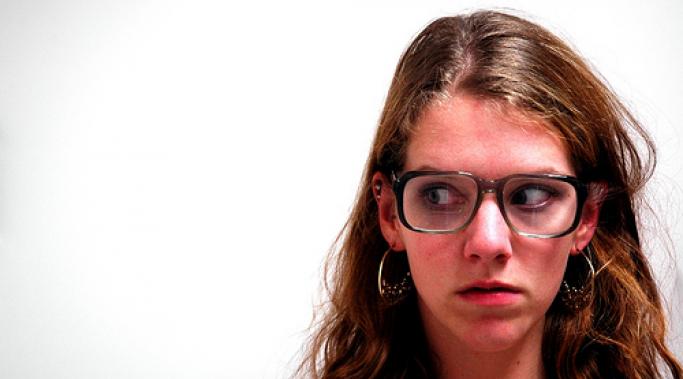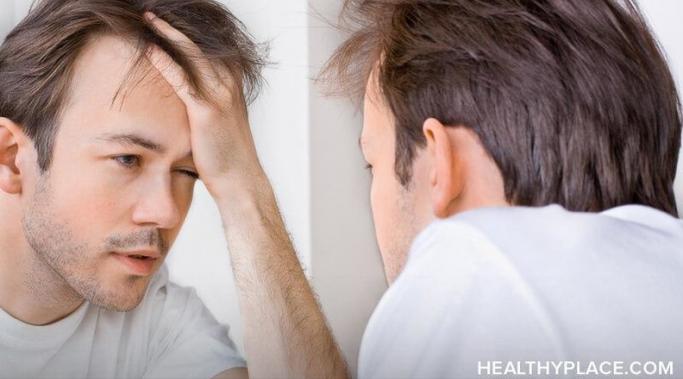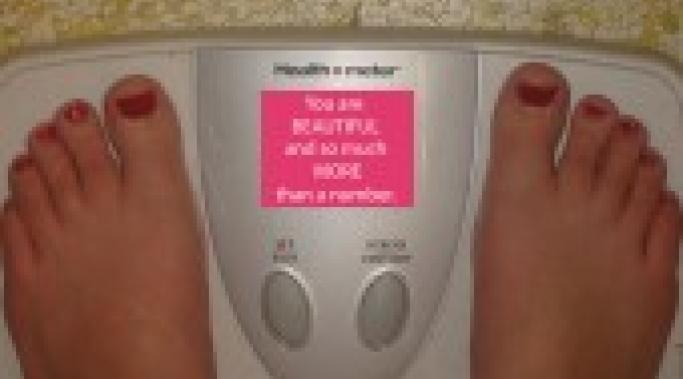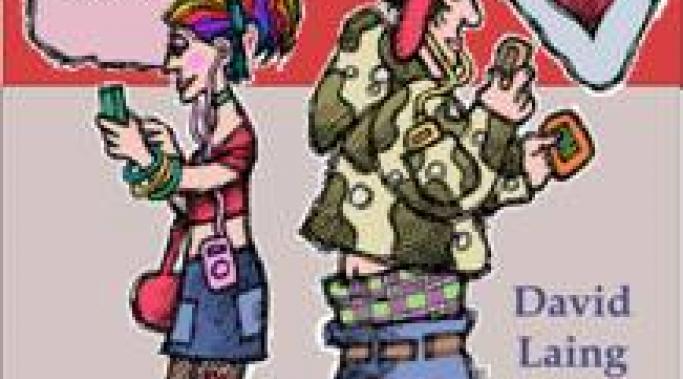Blogs
I've been job-hunting. Although currently employed, office politics (and, if I'm being honest, the 60-mile round trip commute) have led me to seek other options. So I find myself wondering--how much of my family life should I disclose to potential employers?
I’m not known for my cheery everything’s-going-to-be-OK-puppies-rainbows-lollipops perspective. In fact, I’m against such perspectives. I find them disingenuous, phony, or seriously ill-informed. Save the rose-colored glasses for Sir Elton John, thank-you.
I find smiling, being positive and telling people how great everything is to be just another chore on my list of things to do today when I’m already busy just trying to keep breathing and possibly pay rent.
How many times have those of you with Dissociative Identity Disorder drawn a boundary of some kind and later felt awash in guilt and anxiety? If you're like me, the answer is "just slightly less than always." And it's not just those of us with DID that struggle with boundary setting. That backlash of guilt and anxiety isn't unique to Dissociative Identity Disorder. But I suspect the path to resolving it might be.
How does psychotherapy work?
Isn't it just self-indulgent rubbish? What could talking ever accomplish?
Talk therapy is basically permission to bitch about anxiety, in a heavily supervised and hopefully well-structured manner.
Seriously, even if it's only with one person in your life, and you happen to pay them: whine, vent, cry, squeal, delight and dream. Then do it all again next week. It's good for you!
About anxiety
Setting boundaries in abusive relationships lets the abuse victim see how rampant the abuse has become. When it becomes clear that the abuser disrespects your boundaries--repeatedly--the relationship becomes more tiresome and the abuse more obvious, increasing the chance that you will find a way to leave. A personal boundary is a rule that you say cannot be broken without consequence. Consequences for breaking your personal boundaries are not punishments for the person breaking them. The consequence involves you doing something good for yourself right away.
"It's really important to understand that no single factor or person or event causes an eating disorder," says Jennifer, "but parenting and the family dynamic can play a large role."
National Eating Disorders Awareness Week 2011 ends Saturday, Feb. 26. Each year as it draws to a close, I always think about what I and others have gained from the presentations, articles, and other activities devoted to helping people understand eating disorders.
The prevailing message each year is one of hope and belief that eating disorders do not have to rule anyone's life.
We may not know exactly why, but as parents of children with psychiatric conditions affected by season changes (seasonal affective disorder, SAD), we can be pretty certain when our kids are going to develop their own version of "spring fever." The question is--what can we do about it?
I am lucky enough to have many people out there who love my writing, love my perspective and yes, possibly even love me. Sometimes these people contact me privately, sometimes publically, but either way, I certainly appreciate all the positivity.
On the other hand, there is a small, yet amazingly vocal, number of people who hate what I have to say, and yes, possibly hate me. These people tend to denounce me, and what I have to say, publically.
And honestly, I don’t mind the differing opinions. Disagree with a point I’ve made? No problem, that’s what the comments are for. But zealous, hateful stances on mental illness, treatments and psychiatry tend to hurt those with mental illness far more than it helps.
My son is 12 and will officially enter the realm of adolescence in a matter of months. I can't tell you how many times I've heard dire warnings and grave well wishes from parents who have been there and know firsthand the unique challenges that go along with parenting teenagers. I've assumed for some time that parents-in-the-know exaggerate the difficulties facing parents of teenagers for comic effect.







